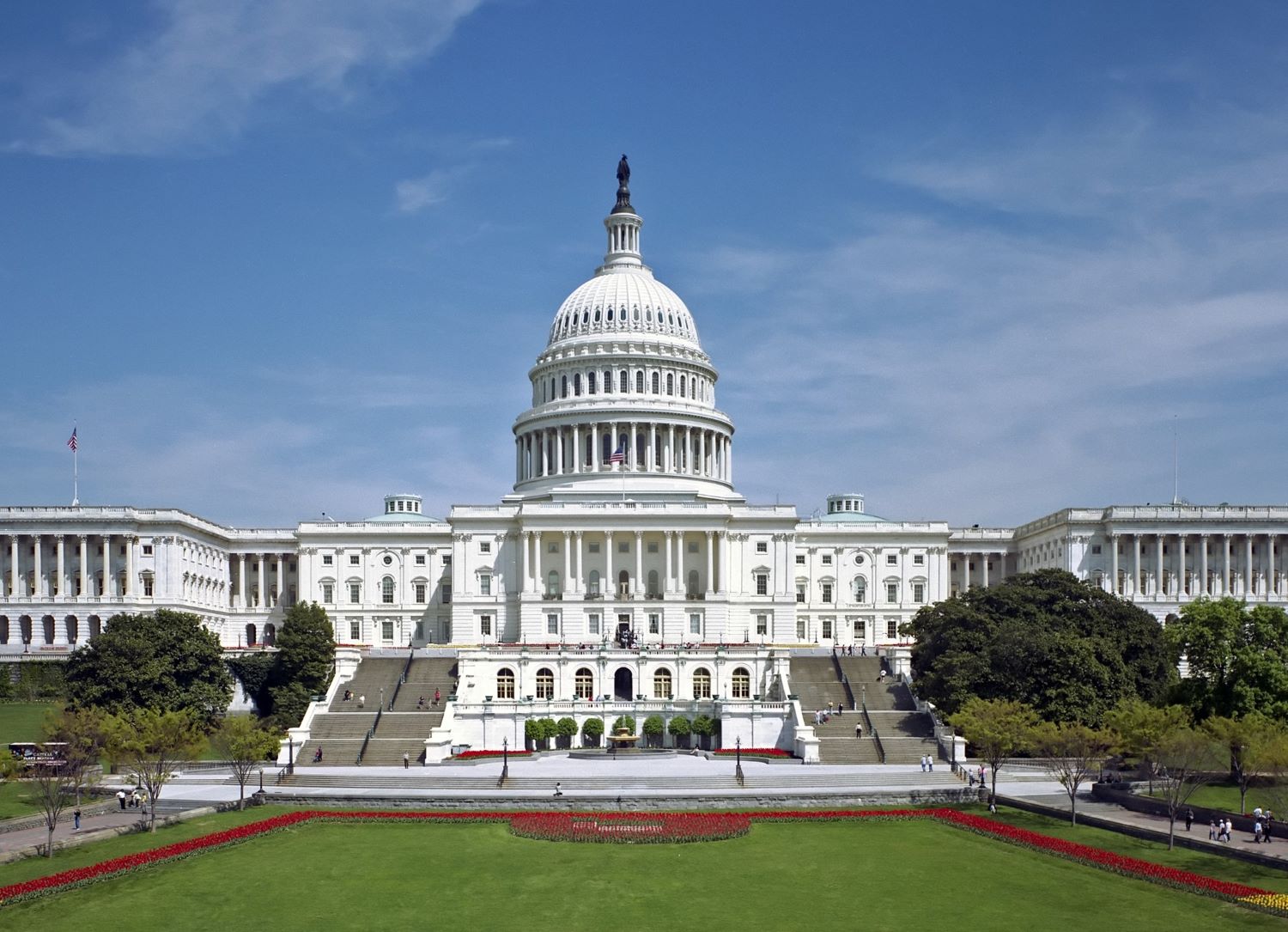In October of last year, President Donald Trump, a non-Jew, accused Rep. Ilhan Omar of ‘virulent antisemitism’ for characterizing the State of Israel as ‘hypnotizing’ the world to hide its evils, implying that Zionists are motivated by ‘the Benjamins,’ and accusing AIPAC of demanding that legislators pledge allegiance to a foreign country.
This month, Rep. Alexandria Ocasio-Cortez, a non-Jew, accused Trump of ‘deliberate, atrocious antisemitism’ towards Rep. Adam Schiff, chair of the House Intelligence Committee and a major figure in the House’s impeachment inquiry. Trump nicknamed the congressman ‘Schifty Schiff’ and referred to him as a ‘savage.’ Donald Trump Jr., the president’s son, claimed that Schiff was a puppet of Jewish boogeyman George Soros.
You may believe that neither, one, or both of these were instances of antisemitism. Regardless, it is certainly troubling that both a popular Democratic congresswoman and the sitting president of the United States may have unrepentantly dealt in antisemitic stereotypes on the public stage.
More interestingly, it’s certainly noteworthy that the people speaking up and snatching the headlines for themselves aren’t Jews. A concise and bipartisan resolution in the U.S. Senate denouncing antisemitism was introduced, again, by two non-Jews: Ted Cruz and Tim Kaine.
Prominent politicians from both major political parties have been credibly accused of antisemitism. When such an accusation is made, however, there is not an effort to center Jewish voices in response. Everyone in Washington, it seems, is so eager to denounce antisemitism themselves that they insist on speaking on behalf of the Jews. In so doing, they hog bandwidth on the national conversation on antisemitism such that Jews and Jewish institutions have a secondary if not tertiary role in the conversation.
To be sure, I prefer a country in which lawmakers are ready to call out perceived prejudice against the Jewish people to an openly antisemitic one in which such bigotry is silently accepted, or even encouraged. Jews should certainly not be left to fend against antisemitism alone, and it can send a powerful message when Gentiles declare themselves our allies. Optimistically, I could say that they’re acting on principle and in defense of their Jewish constituents. Pessimistically, I could also speculate that energetic anti-antisemitism is always a good look for electorally-minded lawmakers.
But what happens when we speak for ourselves? Consider what happened in a ‘progressive’ space when a Jewish member of Congress committed the cardinal sin of leading the conversation on antisemitism.
In the Democratic House of Representatives, a similar resolution against antisemitism to that passed easily in the Senate was introduced by Jewish Rep. Jamie Raskin of Maryland. By the time the full House gave its approval, it had been watered down and genericized into a protracted condemnation of all hatreds, listing the threat posed by white supremacy to “African-Americans, Native Americans, and other people of color, Jews, Muslims, Hindus, Sikhs, [and] immigrants.” These concessions were made to the Congressional Progressive Caucus, which opposed the original draft of the resolution, and the Congressional Black Caucus, which refused to uniquely condemn antisemitism on the basis that no House resolution had ever condemned anti-Black racism.
Jews make up at most 3% of the American population but were the victims of 58% percent of all religiously-motivated hate crimes in 2017. While Gentile America’s eagerness to jump up and vocally defend us at the slightest provocation is most likely well-intentioned, it deserves ample criticism if it’s done at the expense of deplatforming Jewish voices. At some point, they’re going to have to let us speak for ourselves.

